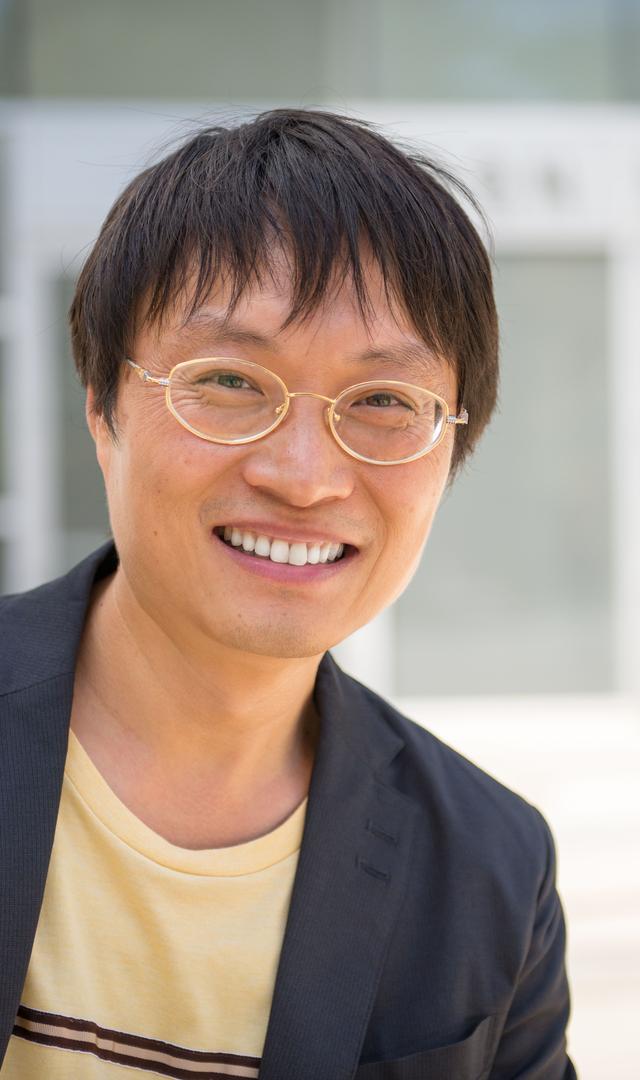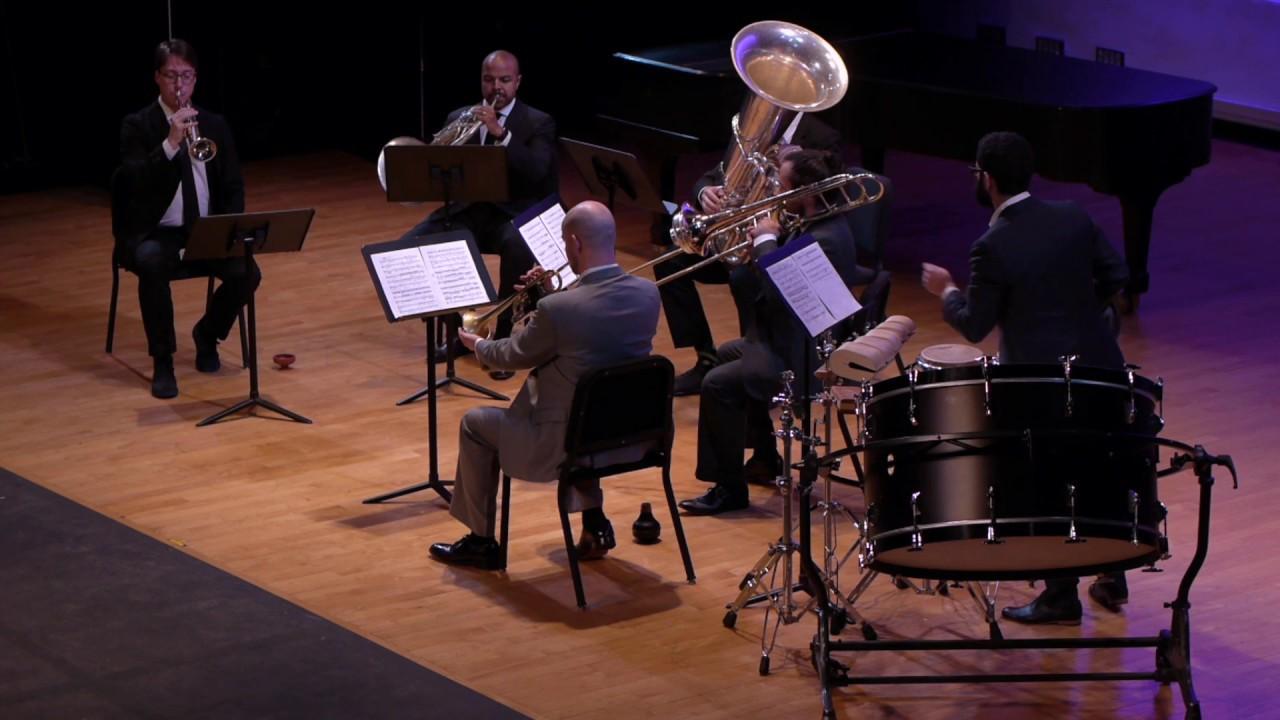
What projects are you working on now? My current projects include a large-scale orchestral work commissioned by the Boston Modern Orchestra Project, and a chamber opera "Inheritance" that takes on the issue of guns and violence in American culture. The chamber opera is supported by Creative Capital and National Endowment for the Arts and will be premiered in 2018.
Tell us about your most influential teachers and mentors and how they influenced the composer you are today. My most important teacher at the New England Conservatory was Robert Cogan. I studied with him for about six years. I still regard him as an important mentor. He told me when I first started taking lessons from him, “a composer should grow like a tree.” I was very moved by this image. It made me realize that there is no shortcut to becoming a composer. In fact, one should avoid shortcuts in order to have deep roots and develop one’s music in a substantial and resourceful way. I also took lessons from John Heiss and Lee Hyla, they were both wonderful teachers.
What is your greatest passion outside of music? I feel passionate about supporting immigrants. While a student at NEC, I was a waiter in a Chinese restaurant where I worked closely with undocumented Chinese immigrants. Their stories and experiences inspired me. I continue to work with organizations and foundations to protect immigrants and advocate for their cause, and I mentor young artists who are immigrants like myself.
What words of advice would you give current NEC student composers? NEC is such a special place where young composers can interact with so many amazing and passionate musicians. These interactions may be the start of life-long collaborations. For any young composer, there is no better gift than a community that inspires one's musical imagination, and nourishes one's artistic development.

